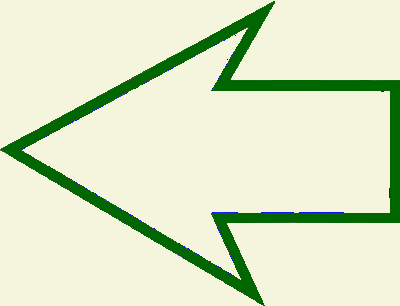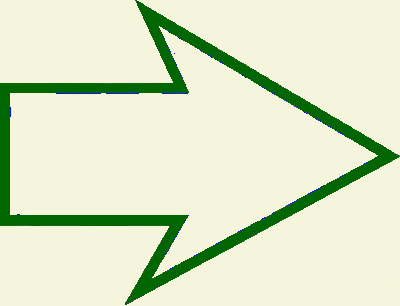 Index
Index 
Letter to Neil Steinberg columnist for the Chicago Sun Times written February 22, 2013. The Sun times is, a dying breed, newspapers that is, so too their columnists, including Neil, alas. But they now have the internet, I just prefer leaning back reading a newspaper rather than forward toward the display screen when I read. I never sent this letter (not yet sent 11/9/13). Neil, if I may be so presumptive as to address you familiarly, I have an urge to write you almost every day. Your thoughts stimulate mine nearly always. Your subjects are relevant. Some days I want to applaud you for laying out the logic of reality, others to shake you by the shoulders, my sin, for "getting so close", but still sternly denying the morality of the old or the "other", particularly the church. I too find much hypocrisy there also, enough to fill a universe, but I also find that same amount of good, or at least what most would call good (Note 1) . Which brings me to a much more light-hearted topic today, Copernican and the church, which you so delightfully raised in your column today. However, I will use Copernican for a little praise and a little sinning. You state, to paraphrase, and if wrong I sincerely apologize, the church funded conduct that undermined its values before, so why not now? Well, it turned out that way, but they didn't think it would at the time. Astronomy was a fine way to worship, no, understand the perfection of God. A way to walk the path of divine knowledge, which some said enhanced the path of faith. So the local church (Bishop) had a small "research arm" in astronomy, not much, but some. As you mentioned, Copernican himself delayed publication until, well, really, his death. Debate swirls about whether because he feared retribution by the church or by god or by his peers, which were all pretty much the same at the time. The stars were, and remain yet today, the thing most perfect, most predictable, most "ordered", yea, most perfect. They were beyond the senses, serene, unflinching in full view of all man's maladies and achievements. Platonic, Aristotelian, through St. Augustine, Thomas Equines etc., the heavens are perfect, we can see that as we can "see" nowhere else. And yes, we are at the center; we are the focus of all that perfection that surrounds us. So a little support of astronomy is not surprising, and not at all "conflicting with its principles". Then Copernican and; Oops. Protestants and Catholics alike howled and still howl. But remember, Copernican preserved this ideal of "necessary perfection". All the planets orbited in perfect circles. Coupler showed perfection is to be found in ellipses rather than circles; then Newton in the math that underlies the ellipse; so even the ellipse bows to the vagaries of mass in motion in the "imperturbable" world of gravity. (Note 2). But the stars remained fixed. | Alas, we now know that even the stars move, explode, collapse, vibrate, some would say sing, all the while racing around the galaxy in indecipherable gravitational dances with their ever changing neighbors, many pulling along tiny specks of space dust left swirling about them. So much for the fixed "perfect" stars surrounding Apollo's chariot. So where do we now find this perfection that Plate promised us lies outside our cave of flickering shadows of delusional ignorance; where do we look for an example upon which to found our morality? Newton still rules, modified at the extremes by Einstein and Plank (careful there, remember Einstein intoned "God does not play dice with the universe"). Math, the sacred count, the holder of "truth", therefore votes? Or how else can we use "impartial" numbers to decide what is right and wrong? Or perhaps "truth" outside the cave is in some form other than math, other than that reachable by the senses. Perhaps it is in revelation such as "each person is created equal" despite not a single measurement we can make that confirms that assertion. But even if so, by birth or by environment do some know truth's way better than others? If so, can they be recognized? If so should they have weighted votes? Of course not, recognition is the problem and testing is discriminatory because people score differently, it's just another measure. Yes, indeed. I guess many still pursue the light outside the cave. I suggest the shadows are quite beautiful and really all that we are going to get. When I want to shake your shoulders, sin though it is, is when you join them, particularly when you imply that "modern" human decency trumps the old values; you join them as just another in a long series of "I am right, you are wrong" and "I see the light, or at least it's glimmer", and it's off to the wars. This after you often so elegantly and correctly point out "their" self-centered moralism. You come so close. But, hey, if you cross the line, you will probably lose your job, much of your desire and your fire in the belly; and I will lose the benefit of your stimulating thoughts, thank you very, very much, Neil. I would really hate to lose your stimuli, and isn't that really what you hope for? Or is it, indeed, my heart which you are after, which is much more difficult to reach? Note 1. To draw a related metaphor it's as if our current value of "compassion" while spending 43% of the world's war money is psychotic. We are built from both compassion and aggression; and arguments abound as the sides cast stones at each other, endlessly, often within the same person (devil and angel on the shoulder sort of thing, or as the Chinese call it, in and bang). Perhaps that’s what democracy is all about. Note 2. I just saw the ten-year-or-so old movie, Pi; the title is just the Greek symbol for the circular ratios. I recommend it, if you haven't seen it. You may hate it. It is an allegory about our obsession with math, both in commerce and religion, but most scathingly in "the pursuit of truth"; a parody of the descendants of Newton is why I mention it here, although the old man in it reminds of Desecrates, "tie to observation". Looking forward to your next column, Scott. |